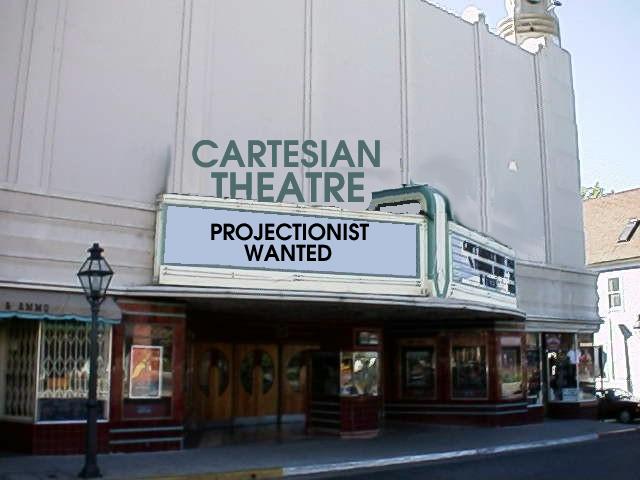

Imagine that your life is a movie. It's being screened in some Cartesian theatre inside your head, by a projectionist who doesn't know what he's doing.
Maybe he gets the aperture wrong, so you can see only a corner of the image.
Or maybe you can see all of the picture, but the sound is gone.
Or maybe you can hear certain voices or frequencies, but not others.
People all around you are talking about this film, and you'd really like to understand it, but you're frustrated because it's so difficult to figure out what's going on.
Really you'd prefer to curl up with a good book, something that you can take at your own pace, but that's not an option. You're being forced to sit through this nonsensical film, a lot like the guy in Mystery Science Theatre 3000.
So what do you do? You rewind the film and play it again.
Each time you watch it, you get a little more information.
Eventually you understand all of it, and as long as you keep the same film in the projector you can manage well enough.
The problem is that most of us have different experiences every day, so normally films in the Cartesian theatre have very short runs.
When we see people who insist on running the same film over and over again,
we say that they're engaging in ritualistic and repetitive behaviours.
In this sense, people with autism can be described as `human, but more so.'
We're all trying to make sense of the film in the Cartesian theatre.
We're all trying to impose a narrative order on what may seem a fundamentally chaotic world.
The difference in the case of autism is that without early attentional filtering, the chaos of sensory stimuli hits with full force.
![[previous]](../left_arrow.gif) |
![[contents]](../up_arrow.gif) |
![[next]](../right_arrow.gif) |